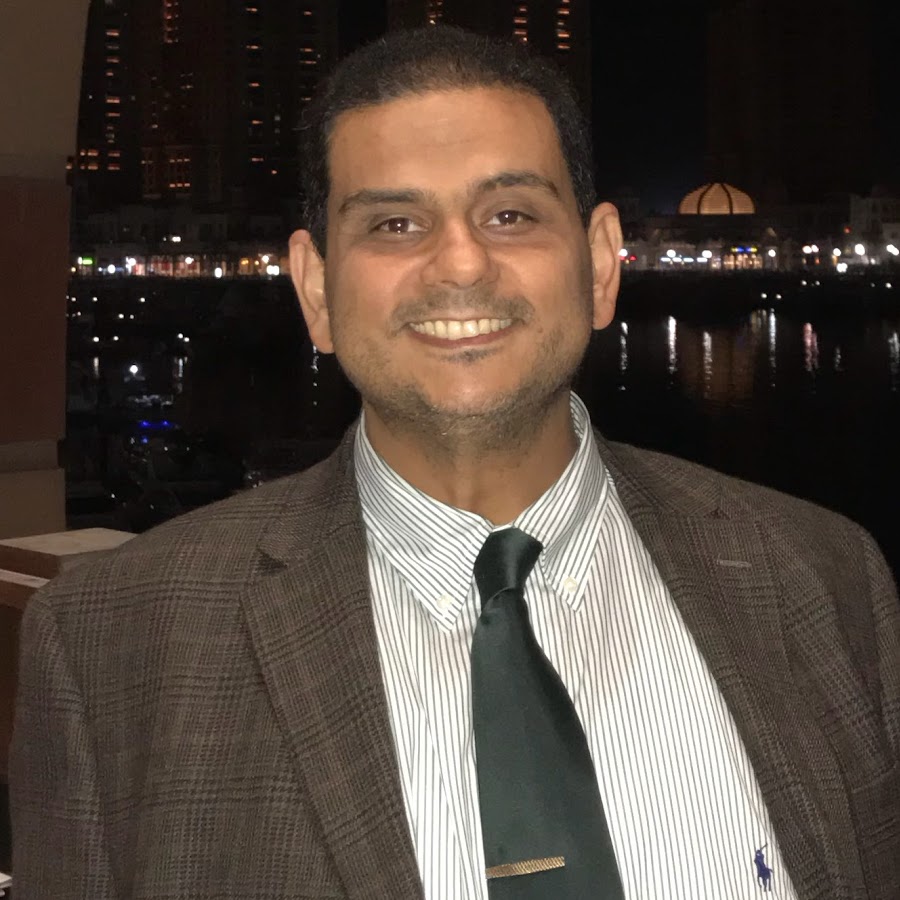NEXT ENROLLMENT
Delivery Format
COURSE LENGTH
TUITION
WEEKLY SCHEDULE
COURSE DESCRIPTION
This course provides an introductory exploration of the dynamic field of sociology, offering students a comprehensive understanding of society through the lens of scientific inquiry. Through an engaging curriculum, students will explore various sociological concepts, methodologies, and theories. The course aims to elucidate the complexities of human behaviour across different social contexts. Through interactive lectures, collaborative learning activities, independent and group research, and case studies, students will gain a deeper understanding of the interplay between individuals and the larger social structures that shape their lives. Key topics examined include social inequality, discrimination, racism, power dynamics, environmental degradation, crime, gender-related issues, and the diverse methodologies used to investigate critical social phenomena, ranging from intimate familial dynamics to global societal challenges. By fostering critical thinking and analytical skills, this course equips students with the necessary tools to comprehend their place within the world and the intricate relationships between individuals and social systems. Moreover, it establishes a solid foundation for further academic pursuits in sociology.
LEARNING OUTCOMES
Upon successful completion of the course, students should be able to:
- critically review, interpret, and analyze sociological information, data, concepts, theories, and research findings related to various aspects of society.
- construct well-supported arguments and propose informed solutions to social issues, drawing upon theories and methods from sociology.
- demonstrate proficiency in research skills relevant to sociology, including data collection and analysis, literature review, and utilization of primary and secondary sources.
- identify learning needs and develop strategies to acquire new knowledge and skills relevant to sociology, adapting to changing circumstances within the discipline.
- apply sociological theories and concepts to analyze and evaluate the interconnections between social phenomena and institutions.
- evaluate personal and professional knowledge and practices within social construction, critically reflecting on the limitations and uncertainties of sociological interpretations.
- critically reflect on social values and norms, assessing their impact on personal beliefs and actions and considering ethical implications within diverse social contexts.
- design and execute research projects, employing quantitative and qualitative methods, to investigate sociological questions and generate meaningful insights.
- analyze and assess the influence of social structures and institutions on individual and group behaviour, and understand the reciprocal relationship between society and the individual.
- examine the role of social movements and collective action in shaping social change and transformation, and analyze the strategies individuals and groups employ to challenge and address social inequalities and injustices.
- apply interpersonal and communication skills to cultivate positive relationships with diverse stakeholders.
PREREQUISTIES
None
Meet Our Instructors – Br. Moustafa Elazab

Moustafa Elazab is an internationally experienced educator with nearly three decades of teaching across Canada, the UK, the Middle East, and North Africa. He holds a Master’s degree in Criminology and Criminal Justice from the University of Hull, UK, and has taught over 500 university-level courses to more than 20,000 students, specializing in Sociology, Criminology, Anthropology, Social Justice, Political Science, and Human Rights.
Currently a Sessional Instructor at University Canada West in Vancouver, Moustafa is known for fostering inclusive, student-centered learning environments that emphasize critical thinking, public speaking, and real-world application of theory. His teaching draws from an interdisciplinary background and a deep commitment to equity, diversity, and inclusion, particularly in culturally diverse and underrepresented student communities.
His research interests include neoliberalism, global governance, and the sociopolitical mechanisms of control, reflecting his dedication to connecting academic study with contemporary global issues.

